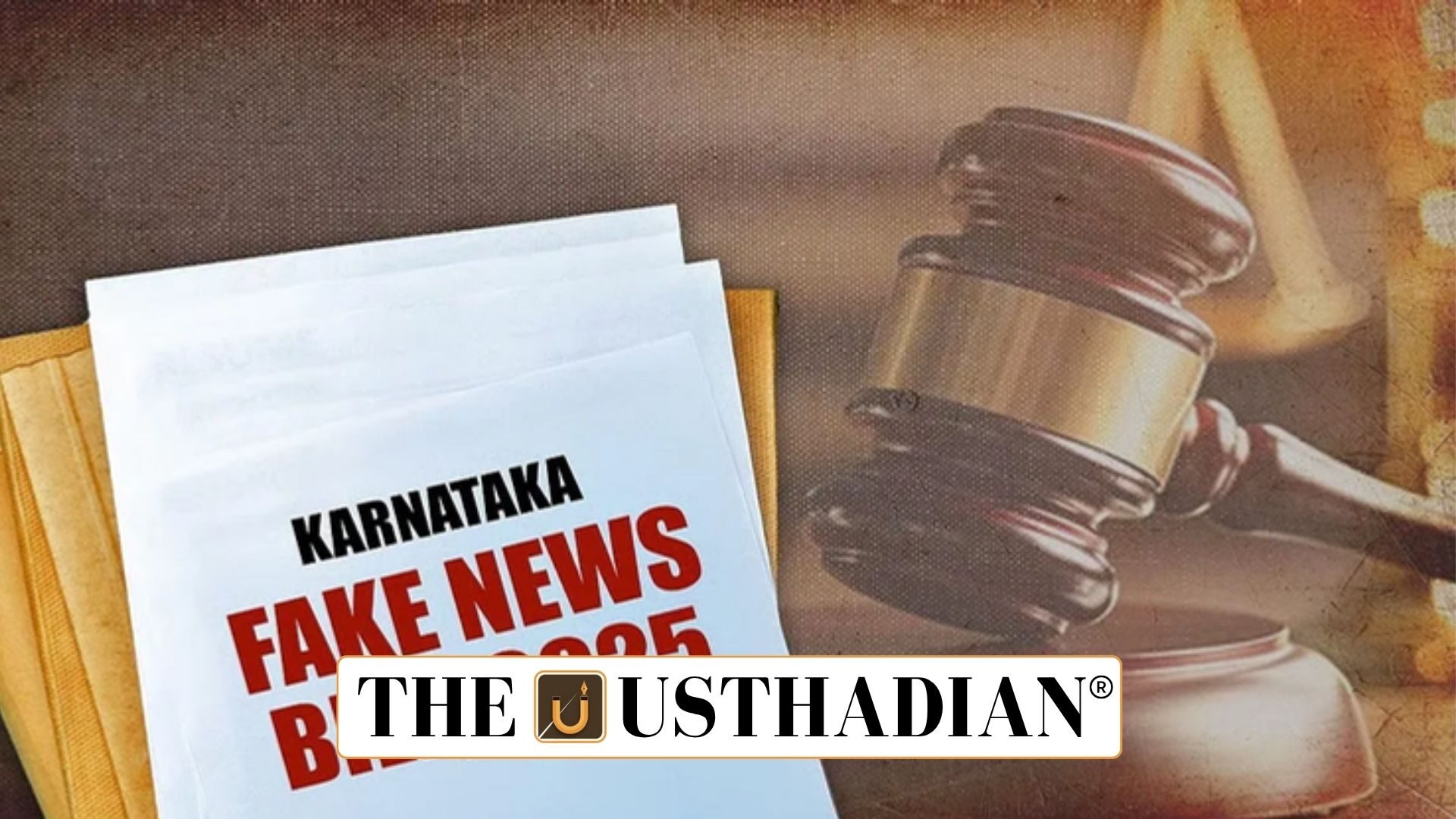New legal step in digital regulation
Karnataka Fake News Bill 2025: The Karnataka Mis-Information and Fake News (Prohibition) Bill, 2025 is the first of its kind in India at the state level. It seeks to define and penalise fake news and misinformation, particularly targeting social media platforms.
The Bill proposes imprisonment of up to seven years for offenders. It defines fake news broadly, including fabricated content and distorted audio-visuals. Misinformation is classified as knowingly or recklessly making false statements.
Static GK fact: Article 19(1)(a) of the Indian Constitution guarantees the right to freedom of speech and expression, subject to reasonable restrictions.
Key authorities in charge
A designated Authority will implement the Bill. It will be chaired by the Minister for Kannada and Culture, and will include MLAs, MLCs, social media representatives, and a senior bureaucrat.
This body is empowered to review content and declare news as fake, making its decisions legally binding.
Critics argue that such a structure may allow political influence to shape enforcement.
Judicial context and precedent
This legislation follows a 2024 ruling by the Bombay High Court, which struck down sections of the IT Rules, 2021 for lacking judicial oversight.
The ruling stressed the need for clear definitions and checks to avoid suppressing legitimate dissent. Karnataka’s new Bill may face similar scrutiny for overreach.
Static GK Tip: The Information Technology Act, 2000 governs digital content in India, but state-specific laws like this are rare.
Free speech vs control
The Bill does exempt opinions and artistic expressions, but vague terms may invite misinterpretation. What constitutes “artistic” or “opinion” is not clearly outlined, raising censorship concerns.
Civil rights groups argue that ambiguous language could be used to target critics, stifling public discourse and democratic dissent.
A state-level first in India
This Bill is the first state-led legislative attempt to combat fake news in India. Earlier central efforts faced criticism for being too broad, leading to their dilution or rejection by courts.
If enacted successfully, Karnataka’s move could pave the way for other states to draft similar laws.
Mixed public response
The public reaction has been divided. Supporters believe it is a vital tool to fight misinformation and online propaganda. Detractors view it as an indirect method to control narrative and dissent.
The balance between regulation and free speech remains at the centre of debate. The outcome of this Bill may influence India’s broader digital rights discourse.
Static Usthadian Current Affairs Table
Karnataka Fake News Bill 2025:
| Topic | Detail |
| Bill Name | Karnataka Mis-Information and Fake News (Prohibition) Bill, 2025 |
| Introduced On | July 3, 2025 |
| Jail Term for Offenders | Up to 7 years |
| Chairperson of Authority | Minister for Kannada and Culture |
| Composition of Authority | MLAs, MLCs, bureaucrat, social media reps |
| Key Concern | Ambiguity in defining fake news |
| Legal Background | Bombay High Court’s 2024 IT Rules ruling |
| Related Central Law | IT Act, 2000 |
| Constitution Article | Article 19(1)(a) – Freedom of speech |
| Public Concern | Censorship and suppression of dissent |








